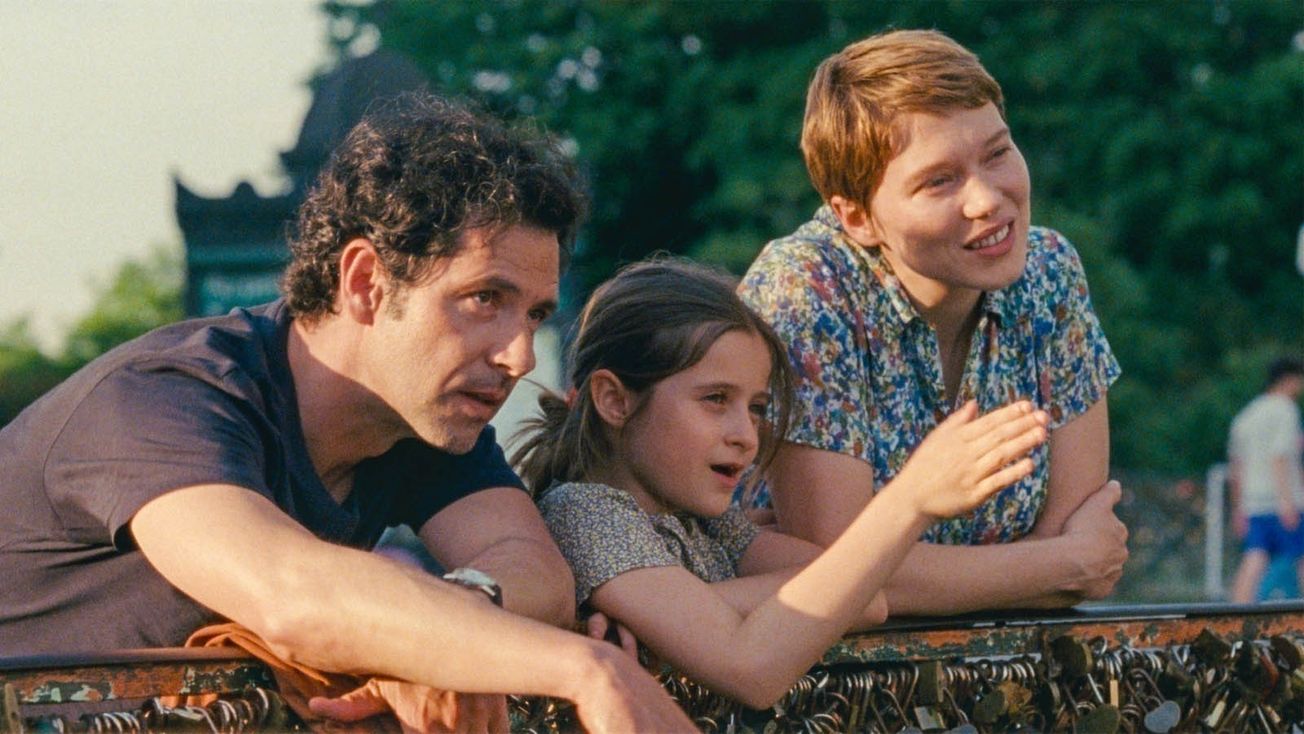By Milan Perera, Arts Critic Columnist
Mia Hansen-Løve’s eighth full-length movie, Un Beau Matin – also known as One Fine Morning (2022) – is an unmistakable testament to her innate skill as a storyteller. Albeit the story is devoid of cloud-tearing Damascene moments, declarations of love from rooftops, witty exchanges and a perfectly symmetrical resolution with a soaring orchestral score to complement. Instead, it relishes in its exploration of the everyday, the mundane and the ‘boring’ aspects of human existence, which many filmmakers might find banal and self-indulgent.
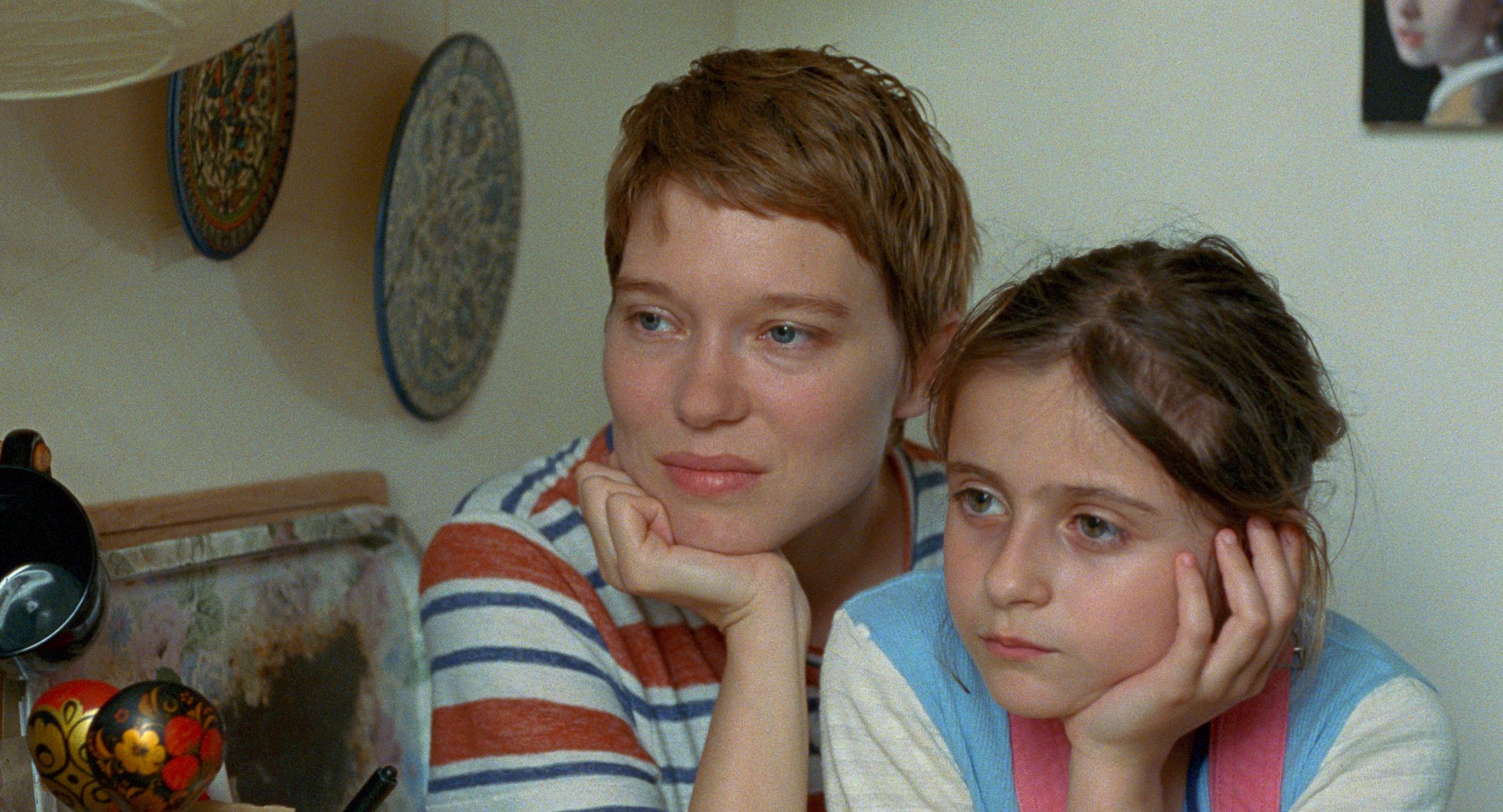
The story is deliciously simple, and revolves around the day-to-day life of Sandra (played by Léa Seydoux), a young widow raising her daughter and taking care of her ageing father, who is suffering from a degenerative illness.
Sandra bumps into an old friend one day and begins an on-and-off affair. But the seeming simplicity of this situation is misleading, as Hansen-Løve masterfully lays bare a complex web of conflicting emotions such as internalised grief, joy, resentment, anger, despair and hope.
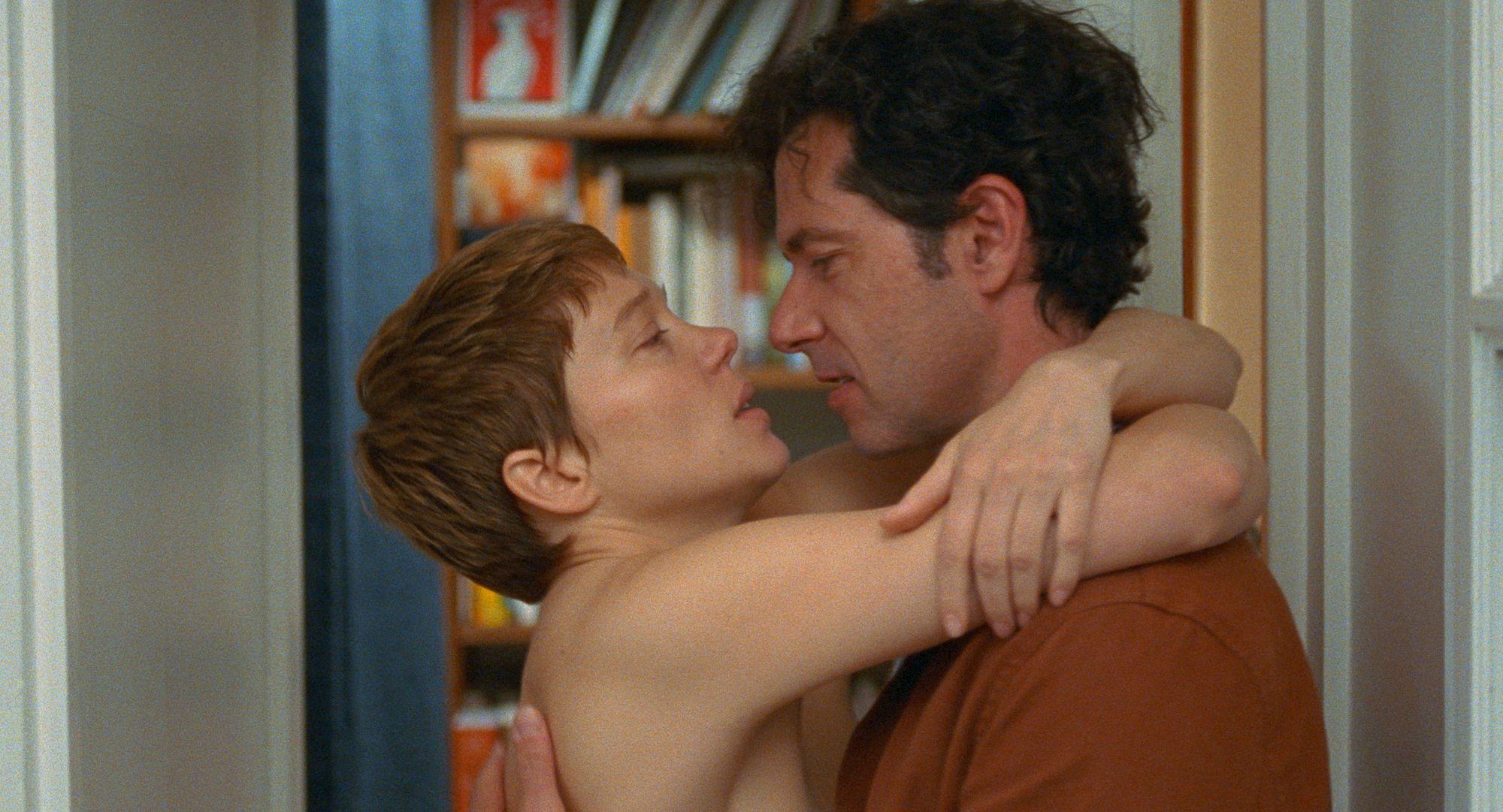
Léa Seydoux responded to the challenge with aplomb as she portrayed the character of Sandra with restraint and finesse. The temptation for playing a role such as Sandra's is to overact and turn it into kitsch. But Seydoux steers well away from that.
The maxim, ‘Less is more’ comes to mind as it is not only what she does on the screen but what she avoids and those beautiful moments she creates, punctuated with well-timed glares and stares.
As a single parent, she has her daily ‘to-do list’, which she appears to deliver with considerable success, balancing work as a translator and family life as a mother and daughter.
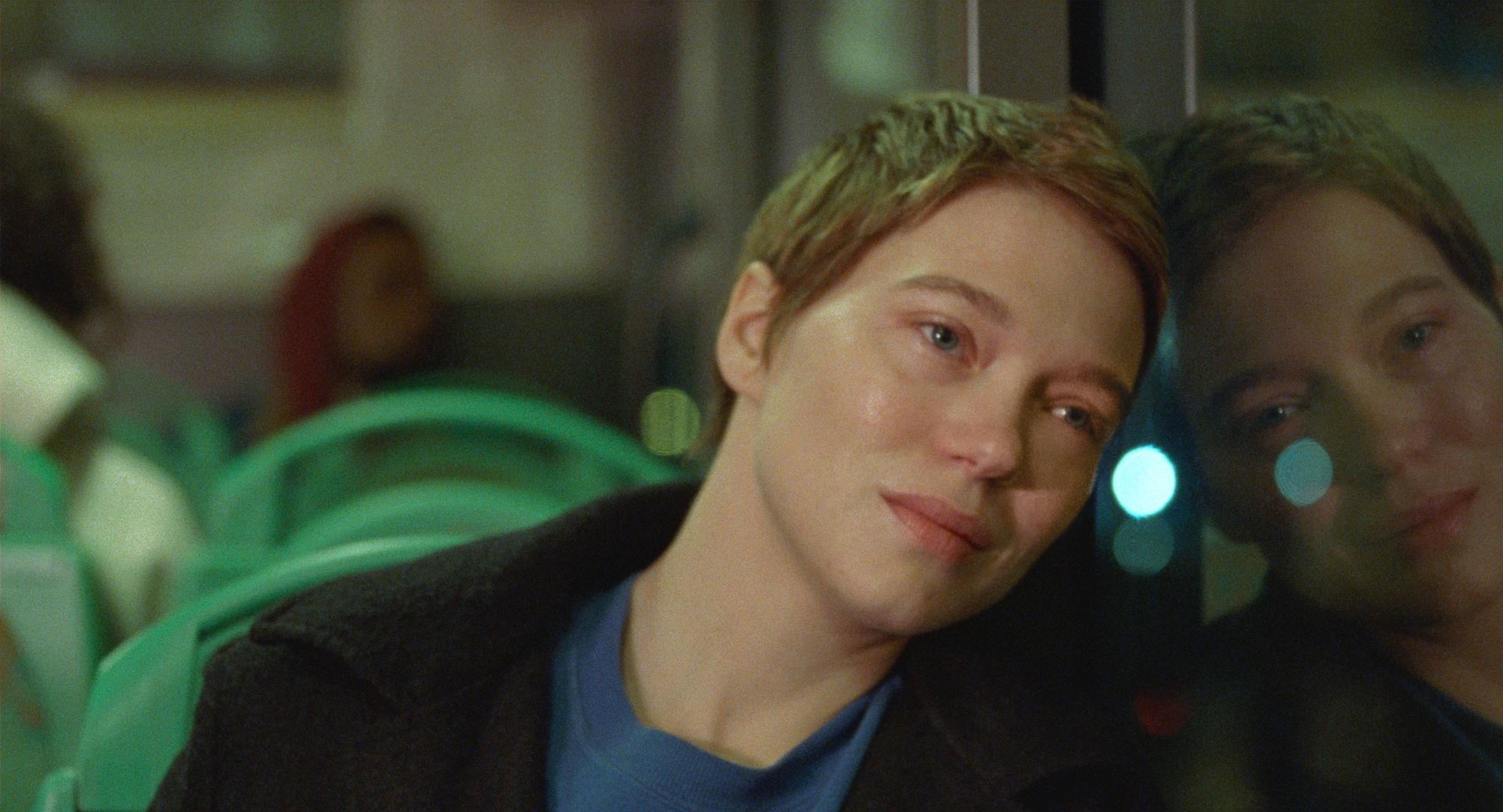
But her sense of helplessness in the face of the declining health of her father, who has been reduced to a shell, devoid of an emotional core and the prospect of losing her daughter to the impending adulthood is keenly felt.
The amorous escapades with a married old friend, Clément (Melvil Poupaud), provide a momentary escape from reality where her existence is briefly irradiated.
Hansen-Løve explores the anxiety we all share or have already experienced when it comes to losing a parent, both metaphorically and literally, as well as the dormant fear of living alone with no fleeting glances of love to sustain us. And more often than not, like Sandra, life often forces us to keep moving through our grief, whether we like to or not.
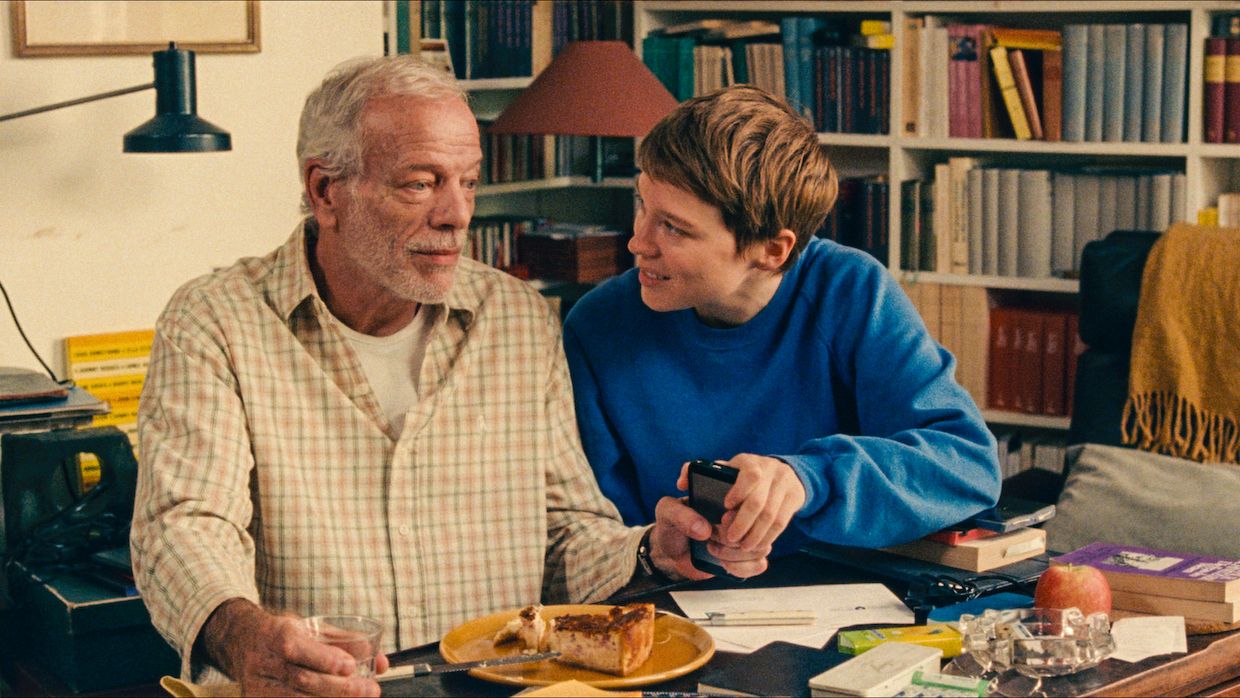
Hansen- Løve’s artistic vision is further augmented and amplified by the broodingly poetical cinematography of Denis Lenoir, who uses everyday objects such as fluorescent lights and walls painted with sickly colours to render extended motifs of lifelessness and apathy.
As aforementioned, Un Beau Matin is not drowned in heavy orchestral pieces but made heartfelt and poignant by a tasteful selection of incidental music from Schubert, Jan Johansson and Bill Fay.
The Bill Fay track ‘Love Will Remain’ near the end of the movie beautifully captures the essence of Hansen-Løve’s project with a solitary tear or two along the way.
Featured Image: Les Films Pelléas on IMDB
Have you heard of Un Beau Matin?

